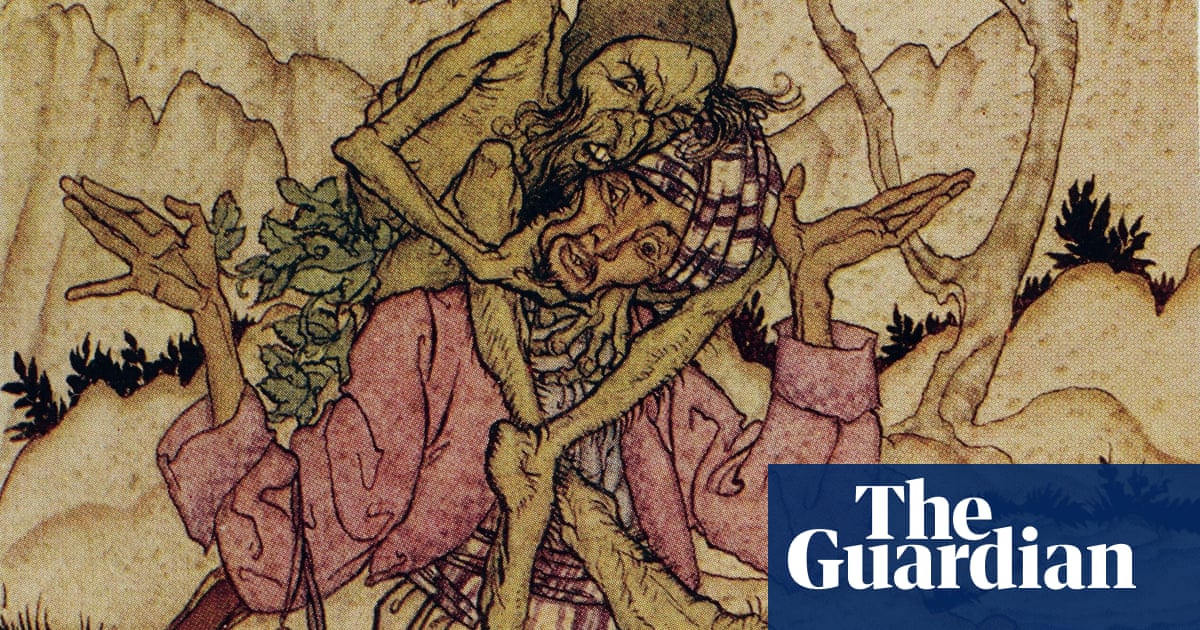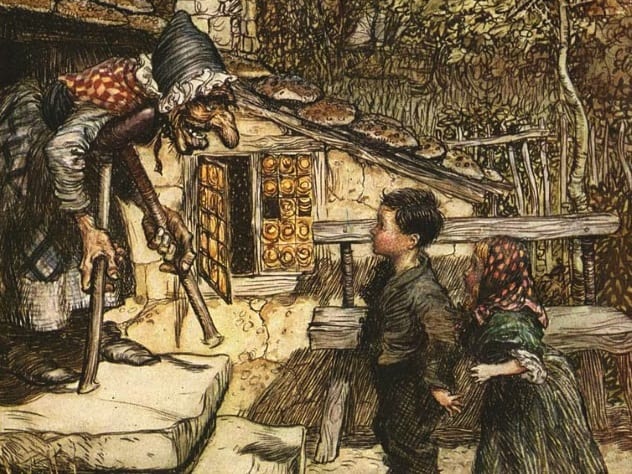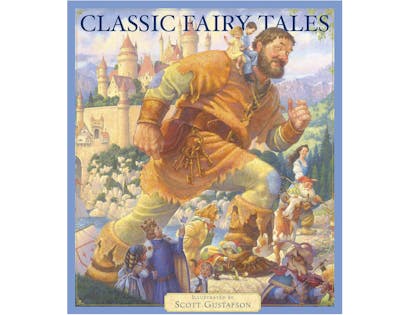Fairy tales have been a part of human culture for centuries, entertaining children and adults alike with their magical storylines and endearing characters. While these stories may seem like simple tales of good versus evil, they often contain deeper, hidden messages that provide valuable lessons and insights into the human experience.
One common theme in fairy tales is the idea of transformation. In many stories, the main character undergoes a significant change, whether it be physically, emotionally, or spiritually. This transformation often represents personal growth and the journey towards self-discovery. For example, in the story of "Cinderella," the titular character transforms from a downtrodden, mistreated servant into a confident and self-assured princess, thanks to the help of her fairy godmother and the power of love. Similarly, in "The Ugly Duckling," the main character transforms from an outcast into a beautiful swan, demonstrating the importance of accepting and embracing one's true identity.
Another important message in fairy tales is the power of perseverance and determination. Many of these stories feature characters who face seemingly insurmountable obstacles, but through hard work and perseverance, they are able to overcome these challenges and achieve their goals. For instance, in "The Little Engine That Could," the main character refuses to give up, despite facing numerous setbacks, and ultimately succeeds in delivering the toys to the children. This story teaches the importance of never giving up and the power of positive thinking.
Fairy tales often also emphasize the importance of family and community. Many stories feature strong bonds between siblings, parents, and other relatives, and showcase the value of working together and supporting one another. In "Hansel and Gretel," for example, the two siblings rely on each other and their resourcefulness to escape the clutches of the wicked witch, ultimately demonstrating the strength of their familial bond. Similarly, in "The Three Little Pigs," the three pig siblings work together to outsmart the big bad wolf, emphasizing the importance of teamwork and cooperation.
In addition to these themes, many fairy tales also address social issues and injustices, often using metaphor and allegory to explore complex topics. For example, "The Emperor's New Clothes" is a story about a ruler who is duped into believing he is wearing an invisible suit of clothes, ultimately exposing his own vanity and the corruption of his advisors. This story can be interpreted as a commentary on the dangers of superficiality and the importance of speaking truth to power.
Overall, while fairy tales may seem like simple, light-hearted stories, they often contain deep and meaningful messages that resonate with readers of all ages. From the transformative power of personal growth to the importance of perseverance and community, these tales offer valuable lessons that can shape our understanding of the world and our place in it.




.jpg?1562853433)


